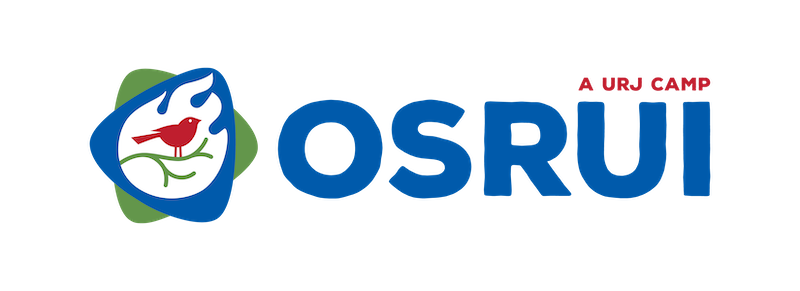by Jerry Kaye
Can you imagine a worship service these days without a cantor, a song leader, or even a band? There is nowhere in the liberal Jewish community where music isn’t an integral and heartening part of worship. Today, Jewish music is readily available on CDs and MP3s, and even on YouTube, which hosts thousands of new Jewish music recordings as well as the classics.
Were worship and music always intertwined? Is music as important in the traditional community? Can you pray without a guitar or keyboard? As far back as biblical times, Psalms describes praising God with the harp, lute and timbrel, thus giving us a great musical inheritance. However, we don’t know the melodies that David sang or the songs that surrounded Solomon.
Debbie Friedman, of blessed memory, transformed the music of the bimah and Jewish camps. There were many before her – including Rabbi Shlomo Carlebach and a group of United Synagogue Youth grads called Arba Kolot (Four Voices)-who took language from the prayer book and generated it into music. Theo Bikel, Geula Gil, and Chava Alberstein made “Israeli music” feel like the ‘new’ Jewish music. But Israeli music, engaging as it is, really never took the bimah like Debbie Friedman.
Musical change was in the air when Debbie Friedman, Cantor Jeff Klepper, and Rabbi Dan Freelander joined liturgy with melody. Debbie may have been the first to bring Hebrew and English together in her songs, which made her music accessible whether you spoke Hebrew or not. Danny, Jeff and the entire NFTY community imprinted the new music first on records, then on cassettes, and ultimately as downloads.
Today, the list of Jewish composers, performers, and service leaders has grown long, and includes notables like Josh Nelson, Rabbi Ken Chasen, Cantors Rosalie Boxt, Arik Luck, and Ellen Dreskin, and Shira Kline.
The bedrock of Jewish music can be found in the musical history of our URJ camps. Since our camps don’t have pipe organs, the front lines of Jewish folk music were acoustic guitar. Campers – teens and tweens – could pick up guitars and learn the minor chords of Jewish melodies. Even those who weren’t good pickers found that it sure was fun to sing along. Scores of kids who resisted piano lessons at home were excited to enthusiastically sing after camp lunch, and many signed up for guitar chug (club) before they even got off the camp bus.
Read more on Reform Judaism.org
